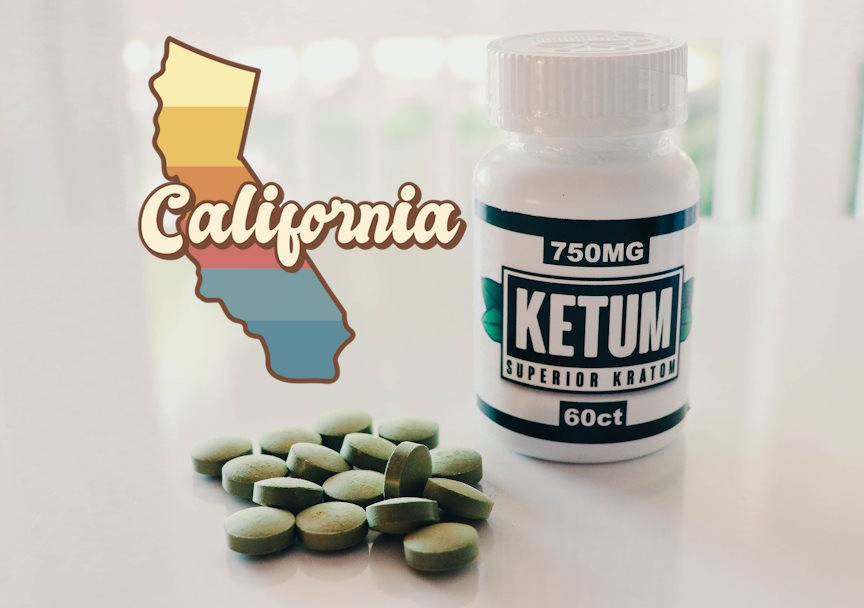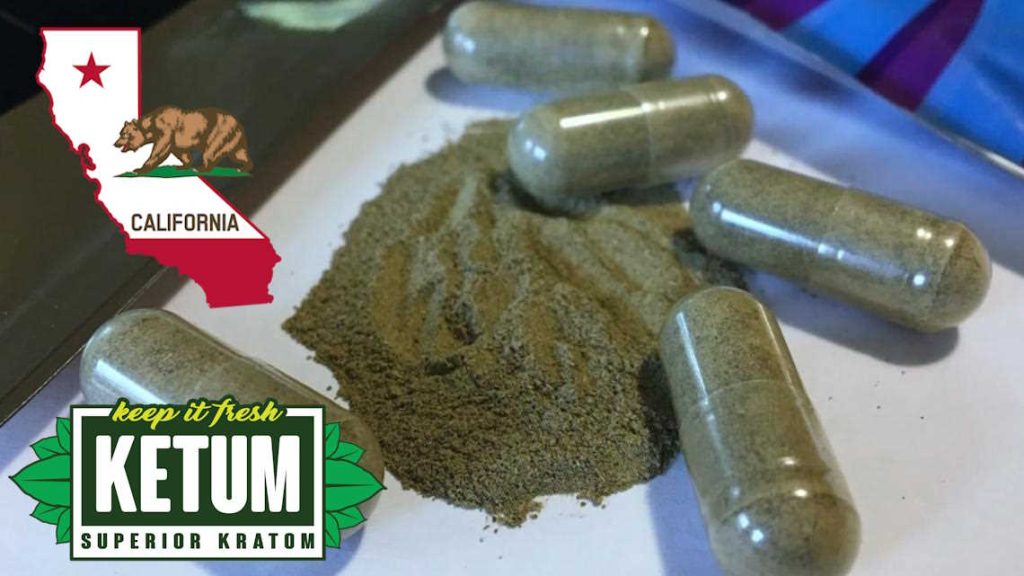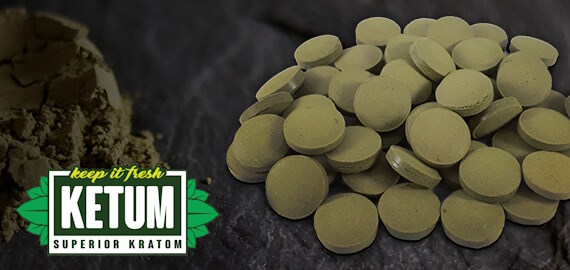
“According to the Decree of the Minister of Agriculture No. 104/2020, February 3, 2020, kratom is designated as a medicinal plant or herbal commodity category,” said Daniel Johan.
There are mixed reactions from Kratom vendors on this news coming out of Indonesia because they believe this declaration does nothing to stop the 2022 Indonesian Kratom ban. However, the fact that research has now been given the green light, we feel, we now have the opportunity to finally be able to confirm what many kratom consumers already know – that kratom is a harmless medicinal plant with numerous health benefits.
This is huge and the kratom community should be rejoicing!
With the backing of the Indonesian Minister of Agriculture, there is a chance that the 2022 ban could be reversed before it even happens come 2022. To give you insight into the research results we should expect them to find, we will lay out some of the top already documented research findings on kratom:
A study from the University of Rochester Medical Center (URMC) and the University of British Columbia
Researchers at the University of Rochester Medical Center (URMC) and the University of British Columbia, released a study that not only points to the potential benefits of kratom as a safer substitute for opioids but suggests the plant’s potential to reduce negative mood and relieve nervousness. It represents the largest systematic review of the scientific literature on kratom use and mental health.
“There is a lot of confusing information about kratom in the media that makes it difficult for clinicians and the public to make informed choices,” said lead author Marc T. Swogger, Ph.D., associate professor in URMC’s Department of Psychiatry. “This study clarifies that there is no good scientific basis for claims that kratom causes psychosis, suicide, or violence, and the available data do not indicate that kratom is a significant public health problem.”
US National Library of Medicine National Institutes of Health
“Given the diversity in patterns of use for Kratom, additional research is paramount to support and expand on current findings. The labeling of Kratom products available to consumers needs to follow appropriate regulatory standards as well as quality good manufacturing practices to ensure that consumers who seek out Kratom are not exposed to adulterated or contaminated products.51 Health care providers should be trained on the science of Kratom and its clinical implications to assist consumers in making the right choice and avoid herb–drug interactions.”
Johns Hopkins Medicine
Johns Hopkins Medicine researchers conclude that the psychoactive compound somewhat similar to opioids likely has a lower rate of harm than prescription opioids for treating nervousness, and addiction.
The kratom community should feel confident and excited regarding this development coming out of Indonesia. The knowledge and research already out on kratom confirm that they can only find more positive results to further support the tree so many of us rely on.
________________________________
Below is the original article released by ANTARA News, translated in English:
Pontianak (BETWEEN) –
Deputy Chairman of Commission IV DPR RI Daniel Johan welcomed the Minister of Agriculture who has issued a decision on kratom so that it can be a basis for farmers in developing these crops in the regions.
“According to the Decree of the Minister of Agriculture No. 104/2020, February 3, 2020, kratom is designated as a medicinal plant or herbal commodity category,” said Daniel Johan when contacted from Pontianak, Wednesday.
He also congratulated the kratom farmers and gave his appreciation to the government that was responsive to the aspirations of farmers and national strategic interests.
“This is good news for farmers and West Kalimantan, it must be followed immediately by the policy of kratom as the superior product of West Kalimantan,” said the member of the DPR RI Electoral District of West Kalimantan 1 from the PKB faction.
According to him, this is pending the final results of the experts’ research. “It is better if kratom is only for export, later when the research results are final, then it will be developed into local consumption products according to existing official recommendations,” he emphasized.
He acknowledged that the kratom plant can actually be an alternative for foreign exchange earners in the midst of global economic pressures that will disrupt national revenues.

“From the kratom farmer association, it is estimated that the export potential of this kratom plant can reach Rp. 7 trillion a year, this is only to the United States,” said Daniel.
According to him, if kratom grows in other countries such as China, maybe the local government will take strategic steps to maximize its potential.
“It is processed and adapted to the needs of the world, especially for the export market, for example,” said Daniel Johan, who is also Deputy Chairman of Commission IV DPR RI.
Previously, its potential for kratom was not maximized, but would be banned in 2022. The existence of the Kepmentan at least gave fresh air for kratom farmers in West Kalimantan and the businesses involved in it.
“The impact of the corona and trade war, Indonesia’s economic growth will decline. But Minister of Finance Sri Mulyani does not need to bother looking for foreign exchange if kratom plants are used as an Indonesian export commodity,” he said again.
He as the leader of Commission IV DPR RI is ready to hold work meetings with related parties such as the Minister of Agriculture, the National Narcotics Agency and assisted by the Agricultural Quarantine Agency.
Kratom is a plant that has been widely available in Kapuas Hulu Regency since the last few years. The high economic value makes many local residents make kratom their main source of income.
The National Narcotics Agency stated in 2019 that kratom leaves (Mitragyna speciosa) were totally prohibited from being used in food supplements and traditional medicines starting in 2022.
The Head of the Narcotics Laboratory Center of BNN, Mufti Djusnir in Pontianak, said that the ban will come into full effect in 2022, or the 5 year transition period after the determination of the kratom plant as a class I narcotics by the National Committee on Narcotics and Psychotropic Change in 2017.
Meanwhile, Balitbang Kalbar this year began to research kratom more specifically.





